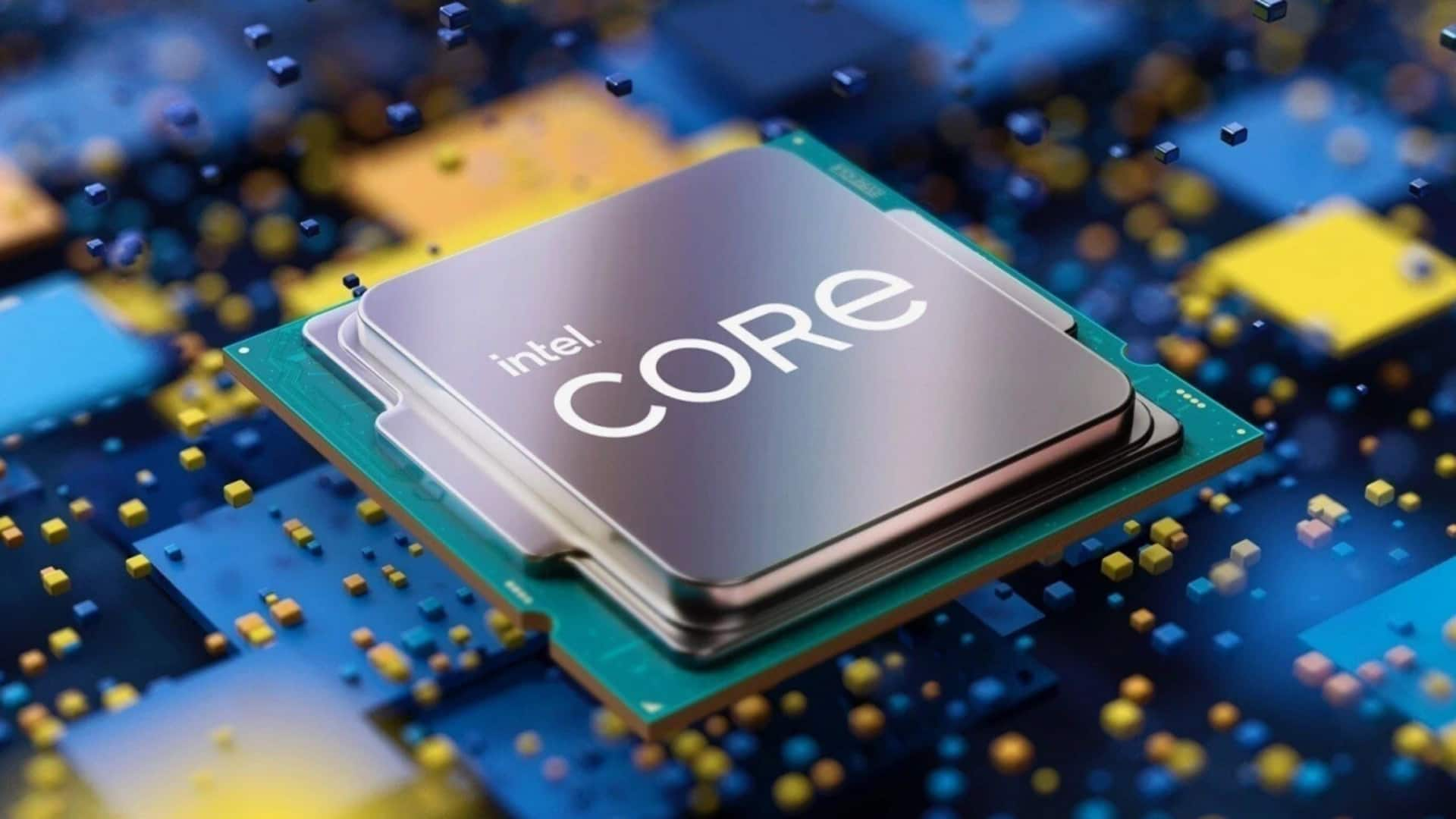
Intel struggles to resolve crashing issue in i9 desktop chips
What's the story
Intel's top-tier desktop gaming processors, the 13th and 14th generation Core i9 "Raptor Lake" and "Raptor Lake S" chips, are reportedly grappling with a unique issue that causes games to crash. Despite extensive investigations, the tech giant says it has not yet identified a definitive solution. This was confirmed by Intel's spokesperson, Thomas Hannaford, who stated that the company is still working with its partners to resolve the instability issues.
Patch details
Microcode patch not a complete solution
Hannaford also addressed a microcode patch that was mentioned in press reports. He clarified that while this patch resolves an eTVB bug found by Intel during its investigation, it isn't the root cause of the instability issues. "While this issue is potentially contributing to instability, it is not the root cause," he explained.
Root cause
Overclocking and voltage issues identified
Internal documents from Intel, obtained by Igor's Lab earlier today, indicate that part of the problem lies in how Intel's processors have been erroneously overclocking their own cores. This occurs via a feature called Enhanced Thermal Velocity Boost (eTVB), even when the chips should have realized they were running too hot for such action. The leaked document stated, "Root cause is an incorrect value in a microcode algorithm associated with the eTVB feature."
Solution
BIOS update recommended for affected customers
The document also states that elevated voltage input to the chipset due to previous BIOS settings allowing the processor to operate at turbo frequencies/voltages, even while the processor is at a high temperature, is a contributing factor to this issue. Customers are urged to update BIOS to microcode 0x125 or later by July 19. This microcode comprises eTVB fix for an issue that may permit processors to enter a higher performance state, even when its temperature has exceeded eTVB thresholds.